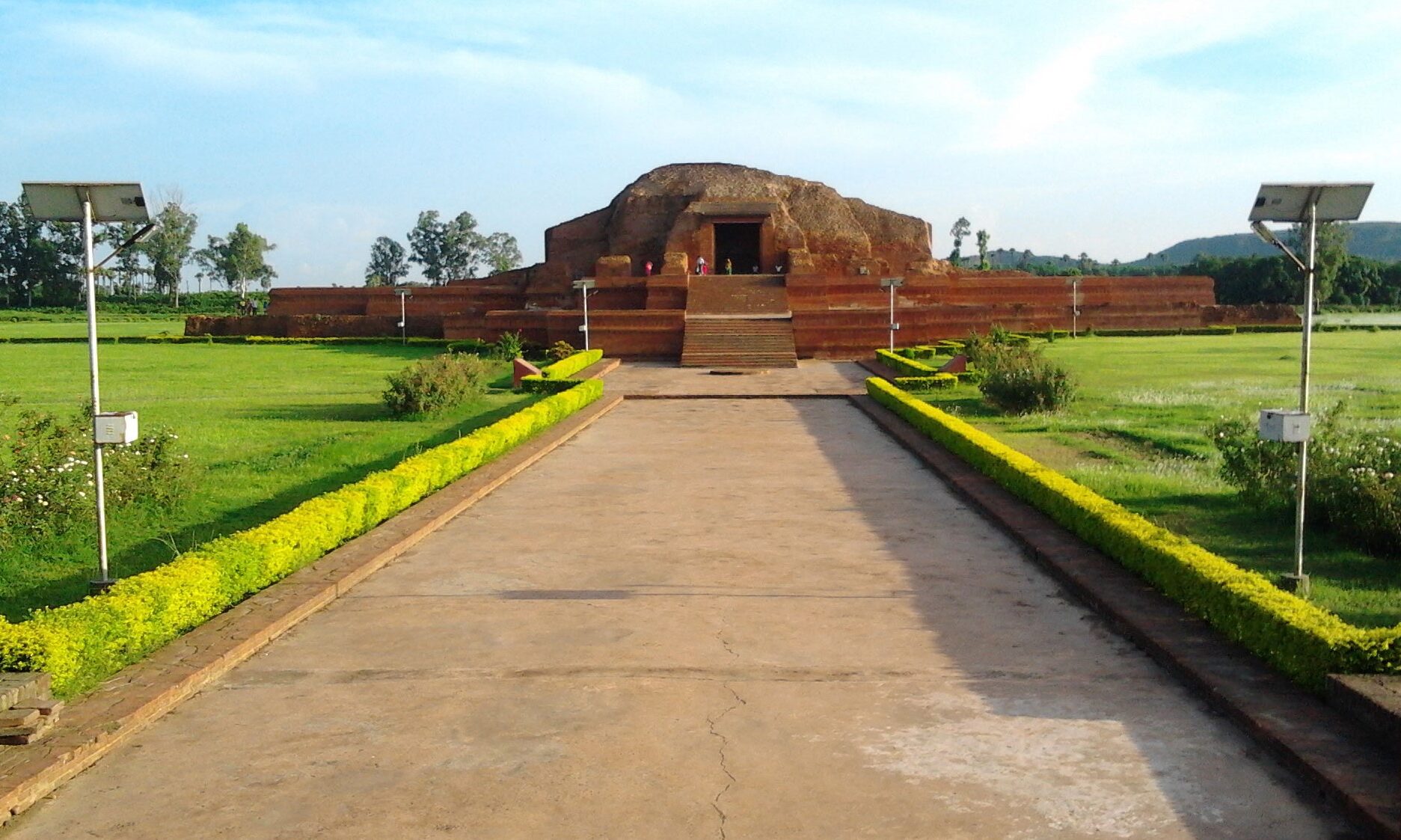The sixth century BC was a time of social and intellectual ferment in India. It was then that Mahavira founded the Jain religion, and Gautam Buddha attained enlightenment. The two great religions, Jainism and Buddhism, preached non-violence to all living creatures, tolerance and self-discipline, values that have become the cornerstones of the Indian ethos. The teachings of these faiths won immediate popular acceptance owing to their simplicity and practicality; the sermons of both were preached in commonly spoken languages. Later, Buddhist monks were to spread their religion south to Sri Lanka and north-east to China, Japan, Korea and the whole of South-east Asia, where it is practiced till today.
Rise of the State
With land becoming property and the society being divided on the basis of occupations and castes, conflicts and disorders were bound to arise. Organized power to resolve these issues therefore emerged, gradually leading to formation of full-fledged state systems, including vast empires.




















